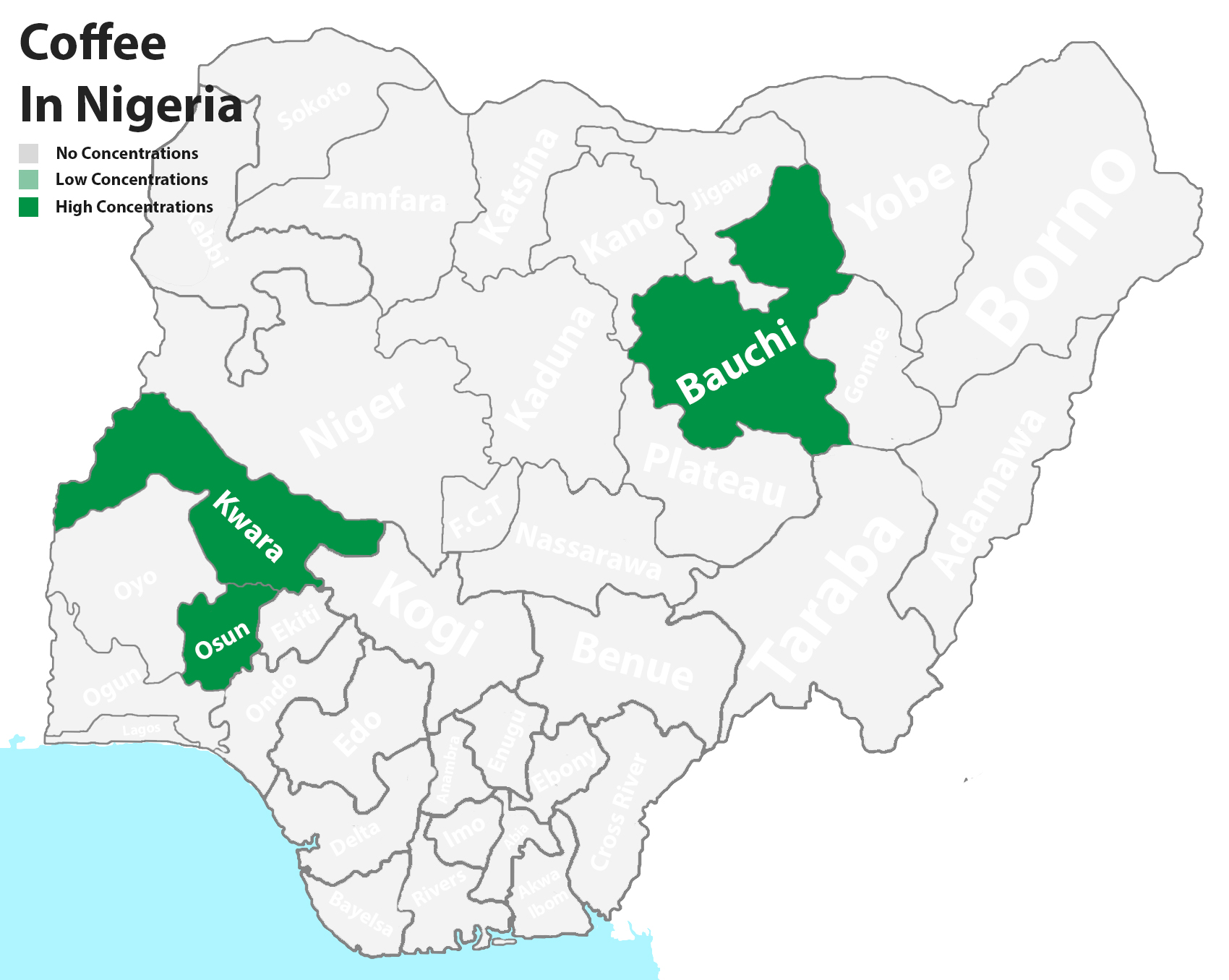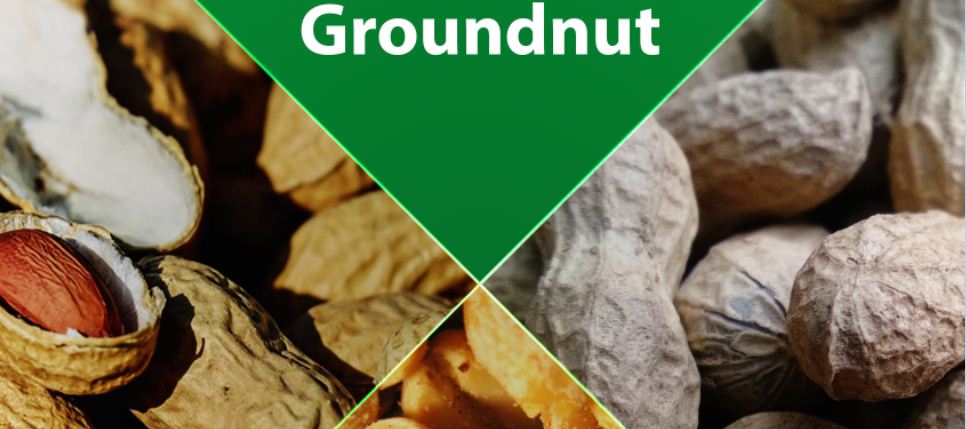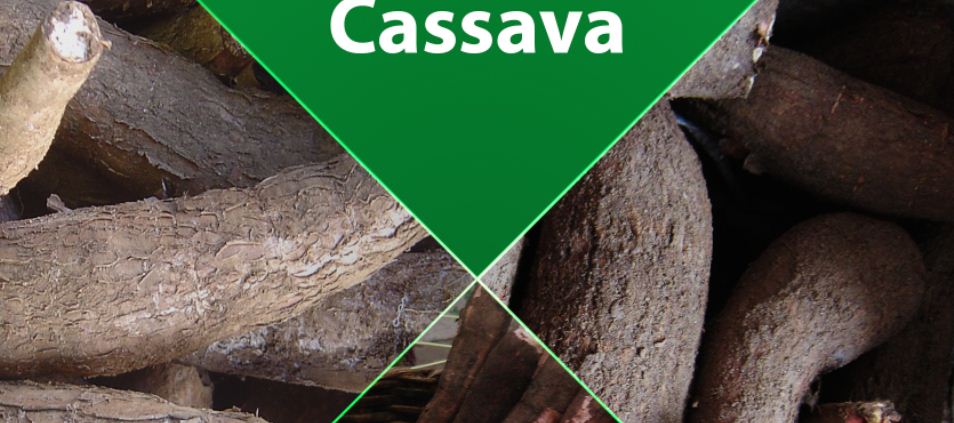Coffee Cash Crop Producing States In Nigeria

Nigeria has been a onetime large producer of coffee in Africa with the producing states including Kwara, Bauchi, and Osun. It is widely consumed by many people across the globe and has been ranked as the most international export commodity after petroleum.
Coffee (Coffea Arabica) is a beverage crop which originated from Africa where it was initially exported to other countries of the world.

Coffee is of different species but only two is widely grown, namely;Arabica and Robusta, Arabica is widely grown than its counterparts and has less caffeine and taste better than Robusta that has a burnt-like taste, and contains about 60% more lipids and almost twice the concentration of sugar than Robusta.
To grow a coffee, the seeds are soaked in water for a day, after which it is drained and then sow in damp soil and is highly productive if planted in the rainy season.
It is generally planted in large beds in shaded nurseries and is transplanted after its starts growing, it takes about3 - 4 years for the coffee trees to start bearing fruit (coffee cherry), when ripe it turns from green to bright, deep red which signals it been ready for harvest.
After harvesting the coffee berries can be processed by using either the dry method or the wet method.
The Dry Method is used mostly in areas where water is limited, it is spread out to dry in the sun on huge surfaces, to ensure effective drying it is usually been turned continually and then covered from getting wet in the night, from early morning dew or rain.
This process is continuous and may last for days or weeks depending on the weather condition, so as to make sure that the moisture content of the cherries reduces to about 8-11%.
The Wet Method is done by soaking the cherries in water for about 12-48 hours and passing it through a pulping machine to separate the skin from the bean after which is then dried.
Either way used, when the coffee beans is well dried, it can be roasted until the desired flavour is achieved, after which it is then grounded and brewed with near boiling water to produce coffee as a beverage.
Though the cultivation of coffee in Nigeria, West Africa has declined over the past years, adequate measures have been put in place to help rehabilitate its plantation.




